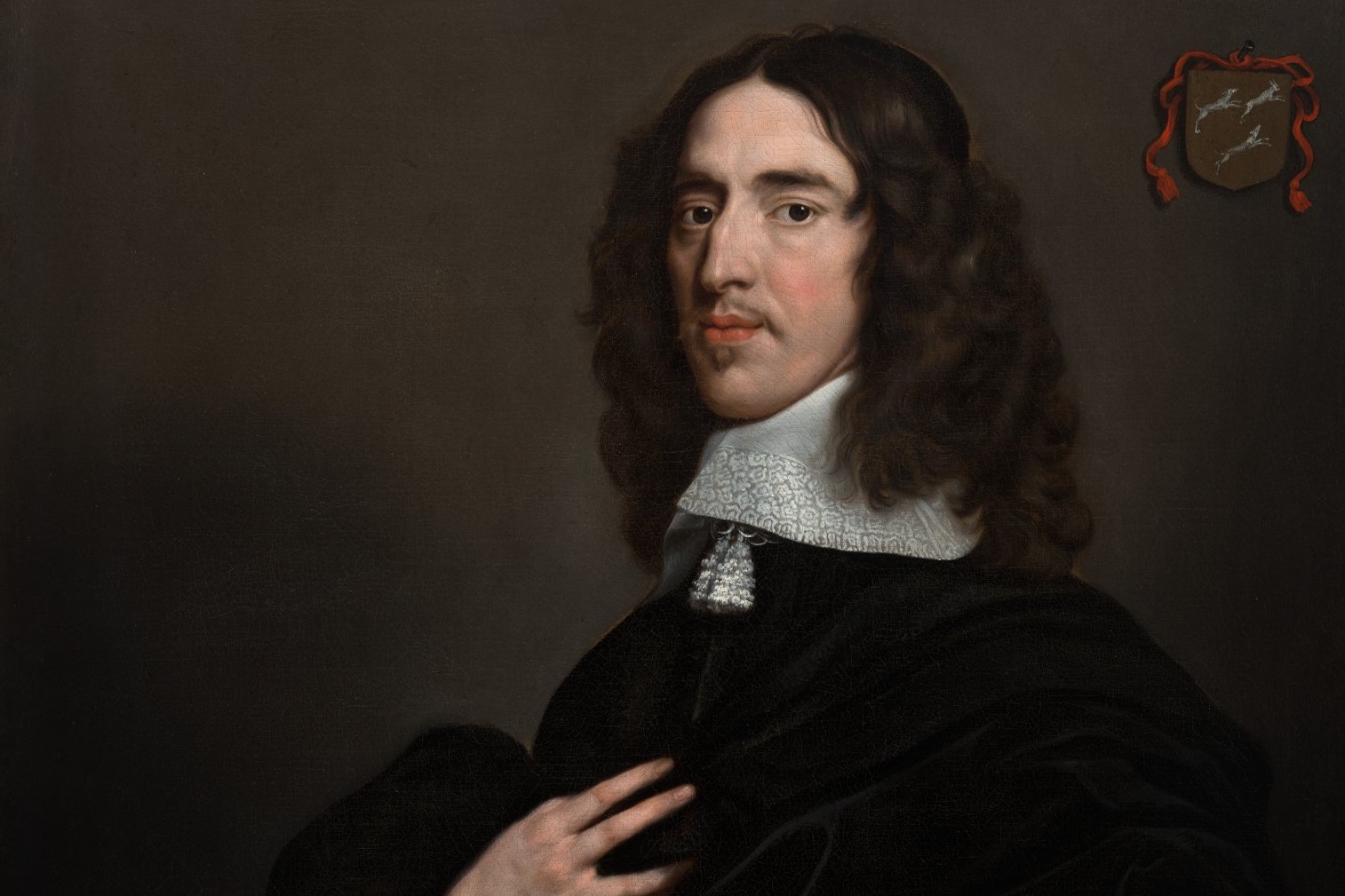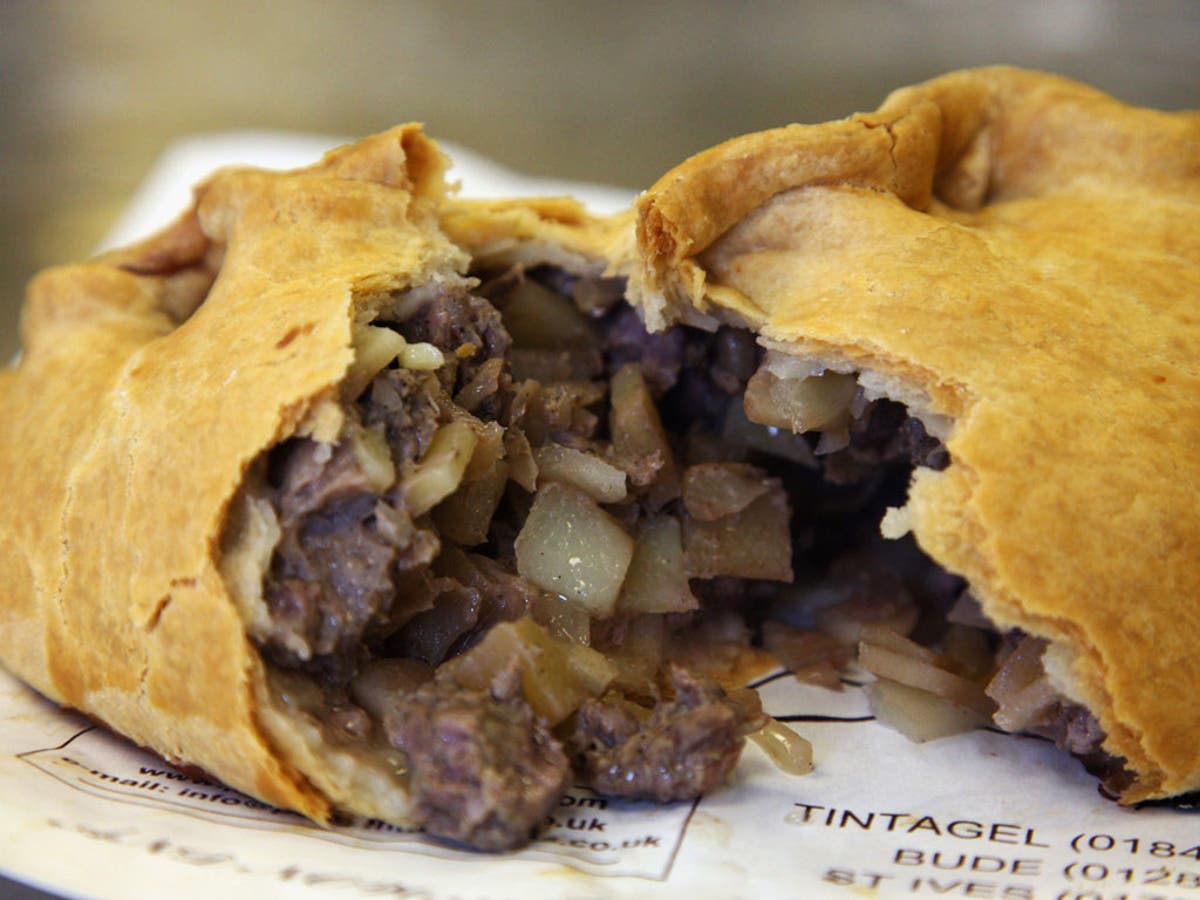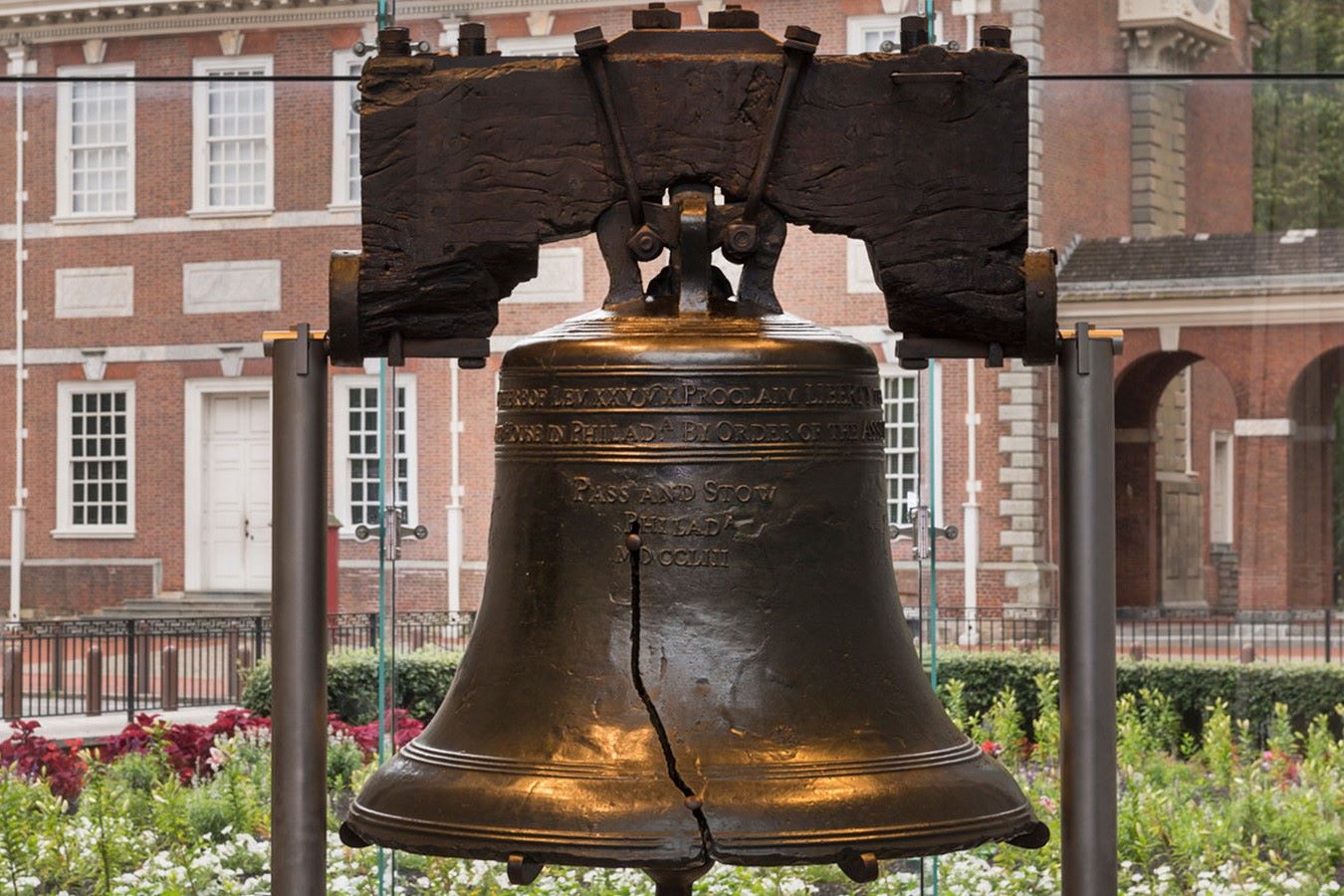
Who was Johan De Witt? Johan De Witt was a prominent Dutch statesman in the 17th century. Born in 1625, he became the Grand Pensionary of Holland, effectively the leader of the Dutch Republic during its Golden Age. Known for his political acumen, De Witt played a crucial role in the Peace of Westphalia and the Treaty of Breda. His tenure saw significant advancements in trade, science, and military strategy. However, his life ended tragically in 1672 when he and his brother Cornelis were brutally murdered by a mob. De Witt's legacy remains influential in Dutch history, symbolizing both the heights of political achievement and the perils of public service.
Key Takeaways:
- Johan De Witt was a brilliant Dutch leader who excelled in politics, economics, and military strategy. His legacy lives on as a symbol of commitment to republicanism and opposition to monarchical rule.
- Despite his tragic end, Johan De Witt's contributions to Dutch politics and naval strategies continue to influence historical studies and maritime warfare. His economic policies also laid the groundwork for the Dutch Golden Age.
Early Life and Education
Johan De Witt was a prominent figure in Dutch history. His early life and education laid the foundation for his future achievements.
- Johan De Witt was born on September 24, 1625, in Dordrecht, Netherlands.
- His father, Jacob De Witt, was a prominent regent and politician.
- Johan studied at the University of Leiden, where he excelled in mathematics and law.
- He completed his studies with a law degree in 1645.
- De Witt's education included a Grand Tour of Europe, a common practice for young men of his status.
Political Career
Johan De Witt's political career was marked by significant accomplishments and challenges. He played a crucial role in the Dutch Republic during the 17th century.
- In 1650, De Witt became the pensionary of Dordrecht, a significant political position.
- He was appointed Grand Pensionary of Holland in 1653, effectively making him the head of the Dutch government.
- De Witt's tenure as Grand Pensionary lasted until 1672.
- He was a staunch advocate for the republican form of government, opposing the House of Orange.
- De Witt implemented several economic reforms that strengthened the Dutch economy.
Military and Naval Achievements
De Witt's leadership extended to military and naval affairs, where he made notable contributions to the Dutch Republic's defense.
- He played a key role in the First Anglo-Dutch War (1652-1654), negotiating the Treaty of Westminster.
- De Witt oversaw the construction of a powerful Dutch navy, enhancing the Republic's maritime strength.
- He collaborated with Admiral Michiel de Ruyter to achieve several naval victories.
- De Witt's strategies were instrumental in the Second Anglo-Dutch War (1665-1667).
- The Raid on the Medway in 1667, a daring Dutch naval attack, was one of his most significant military successes.
Personal Life
Johan De Witt's personal life was intertwined with his political career, and he faced numerous challenges and tragedies.
- He married Wendela Bicker in 1655, a union that strengthened his political alliances.
- The couple had four children together.
- De Witt's brother, Cornelis De Witt, was also a prominent political figure.
- The De Witt brothers were known for their close relationship and collaboration.
- Johan De Witt was an avid mathematician, contributing to the field with several publications.
Downfall and Death
Despite his achievements, Johan De Witt's career ended tragically. His downfall was a result of political turmoil and public unrest.
- The Franco-Dutch War (1672-1678) marked the beginning of De Witt's political decline.
- The year 1672 is known as the "Rampjaar" or "Disaster Year" in Dutch history.
- Public opinion turned against De Witt due to military defeats and economic hardships.
- He resigned as Grand Pensionary in August 1672.
- Johan and Cornelis De Witt were arrested on charges of treason.
Assassination
The assassination of Johan De Witt remains one of the most shocking events in Dutch history.
- On August 20, 1672, Johan and Cornelis De Witt were brutally murdered by an angry mob in The Hague.
- The mob believed the De Witt brothers were responsible for the Republic's misfortunes.
- Their bodies were mutilated and displayed publicly, a gruesome end to their lives.
- The assassination marked a turning point in Dutch politics, leading to the rise of William III of Orange.
- Johan De Witt's death is often seen as a symbol of the fragility of political power.
Legacy
Despite his tragic end, Johan De Witt's legacy endures. His contributions to Dutch politics, economics, and military strategy are still remembered today.
- De Witt is considered one of the most important statesmen in Dutch history.
- His economic policies laid the groundwork for the Dutch Golden Age.
- De Witt's naval strategies influenced future maritime warfare.
- He is remembered for his commitment to republicanism and opposition to monarchical rule.
- Johan De Witt's life and career continue to be studied by historians and scholars worldwide.
Johan De Witt's Legacy
Johan De Witt's life was a mix of brilliance and tragedy. As a key figure in Dutch politics during the 17th century, he played a crucial role in shaping the Dutch Republic. His contributions to mathematics, particularly in probability theory, showcased his intellectual prowess. However, his political career was marred by intense rivalry and ultimately led to his brutal assassination in 1672.
De Witt's legacy lives on through his writings and the impact he had on Dutch governance. His story serves as a reminder of the complexities of political life and the fine line between success and downfall. Whether remembered for his political acumen or his tragic end, Johan De Witt remains a significant figure in history. His life offers valuable lessons on leadership, resilience, and the unpredictable nature of power.
Frequently Asked Questions
Was this page helpful?
Our commitment to delivering trustworthy and engaging content is at the heart of what we do. Each fact on our site is contributed by real users like you, bringing a wealth of diverse insights and information. To ensure the highest standards of accuracy and reliability, our dedicated editors meticulously review each submission. This process guarantees that the facts we share are not only fascinating but also credible. Trust in our commitment to quality and authenticity as you explore and learn with us.


